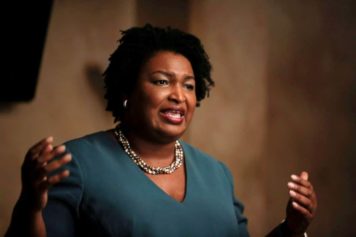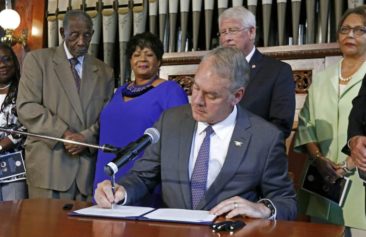As the country continues to wrestle with economic recovery, the once surging African-American middle class has seen a devastating loss of wealth.
Statistics documenting the nation’s financial decline are constantly released, including those detailing the effects of the recession on blacks, who suffered much of the brunt of foreclosures and layoffs nationwide. In June, the African-American joblessness rate shot up to 14.4 percent, and with blacks filling the ranks of the long-term unemployed more than any other race, the path to economic ruin seems all too easy for blacks.
A recent study conducted by the Pew Mobility Project lists blacks as almost six times as likely to come from the nation’s bottom income bracket, and less likely to out-earn their parents than their white counterparts. From 2005 to 2009, black wealth declined by 53 percent. During the initial onset of the recession, African-Americans found themselves at the very bottom of the housing bubble. Middle-class blacks were targeted by banks for subprime loans and minorities became the biggest targets for foreclosure when the bubble burst in 2007.
Blacks have been left on an uneven footing when compared to those who have long been involved in America’s financial systems, making them easy targets for government and corporate predators. As the economy recovers, there are few programs in place tailored towards helping minorities stabilize themselves financially.
Pew’s report presents a grim view of African-American social mobility moving forward, as blacks continue to be more likely to fall from the middle class, or become trapped within the lower-income brackets than whites. At all levels of income, whites make more than blacks on average as well. One of the few saving graces for blacks seems to come in the form of education, as some 85 percent of those who graduate college after being raised in the nation’s lowest income bracket go on to out earn their parents.


